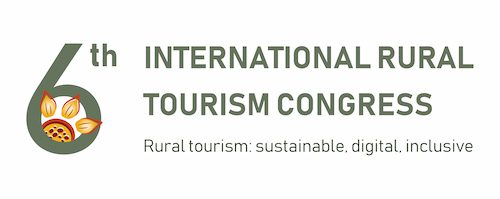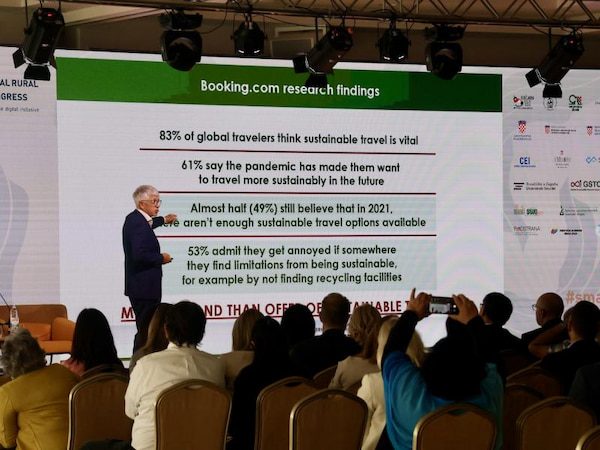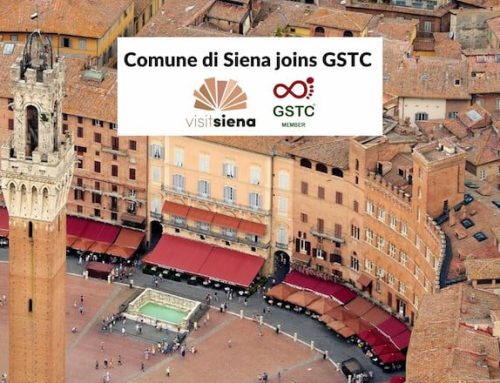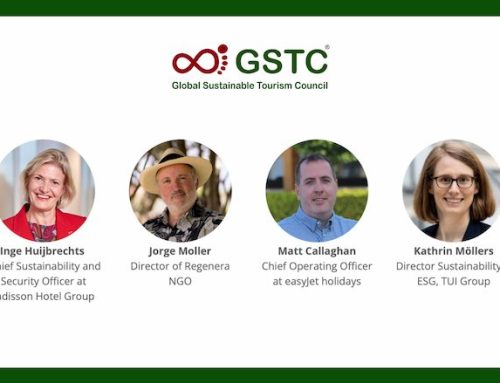
The Congress brought together scientists and experts in rural tourism at the Hotel Le Meridien Lav in Split. Established in 2007 by “The Village Membership Club,” this biennial event has become a platform for exchanging experiences and knowledge, connecting science and practitioners, tourism agencies, tourist boards, and rural entrepreneurs.

Since its inception, the Congress has facilitated dynamic discussions and interactions among different stakeholders in rural tourism, highlighting new trends, research, and findings. The 6th Congress continued this tradition, emphasizing the importance of sustainable tourism and the potential of rural areas as attractive, authentic tourist destinations.
During the three-day event, Mr. Cabrini, along with other participants, had the opportunity to learn how to make “soparnik,” a traditional dish from Split that was on the verge of disappearing.
The event not only offered valuable insights and networking opportunities but also underscored the resilience of rural tourism, especially in the context of the COVID-19 pandemic. With increased interest in outdoor experiences and uncrowded destinations, rural tourism has demonstrated its potential for significant growth and contribution to the sustainable development of rural areas.





